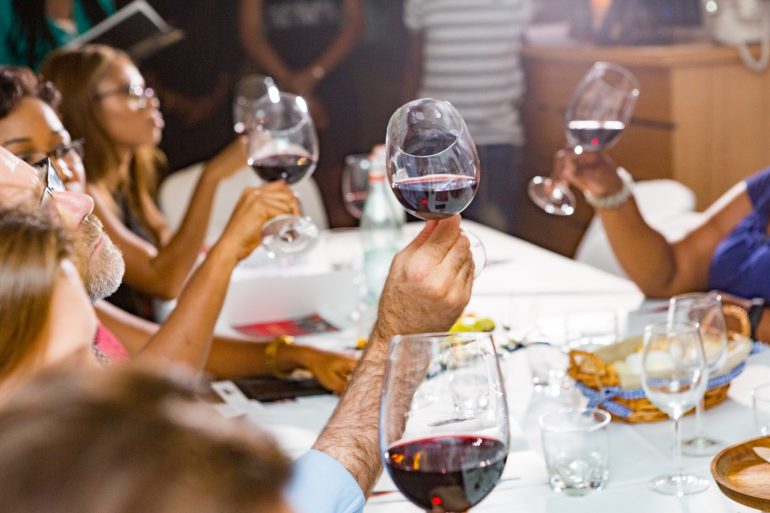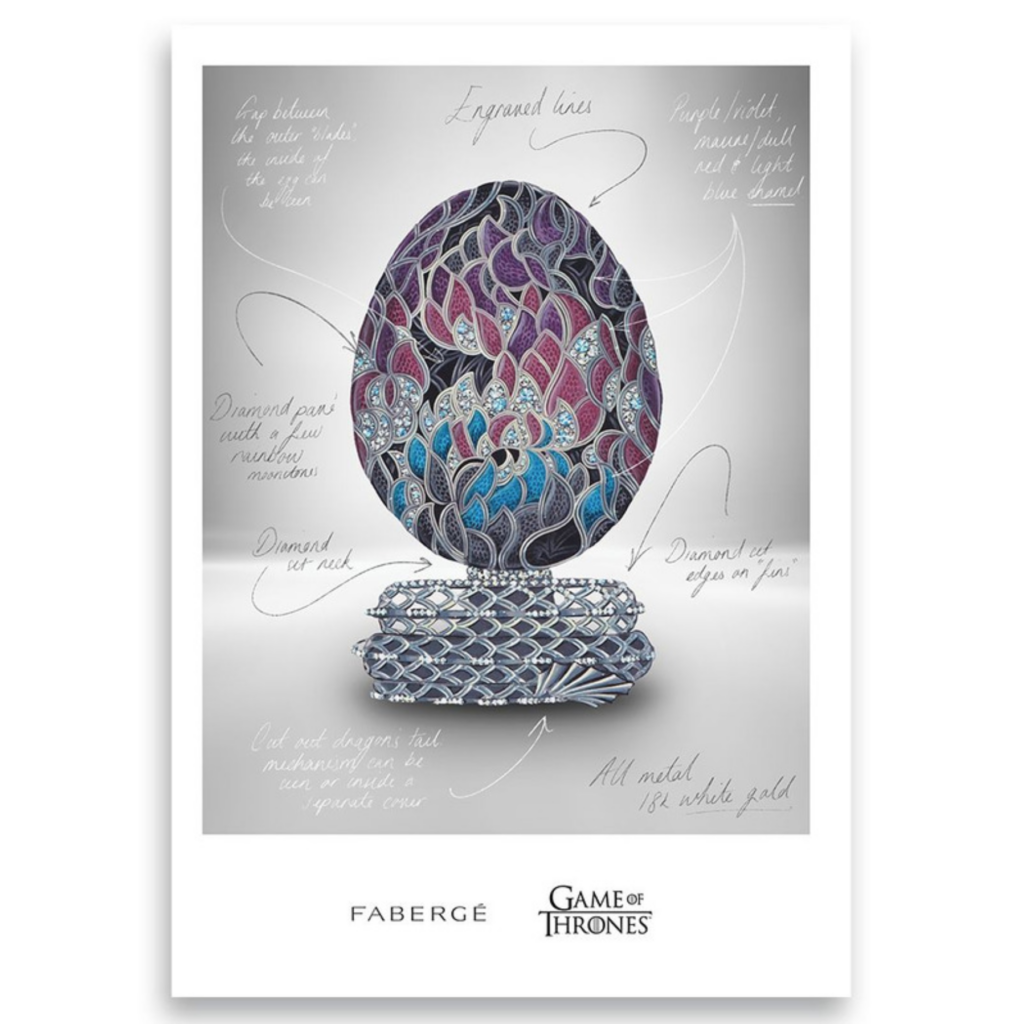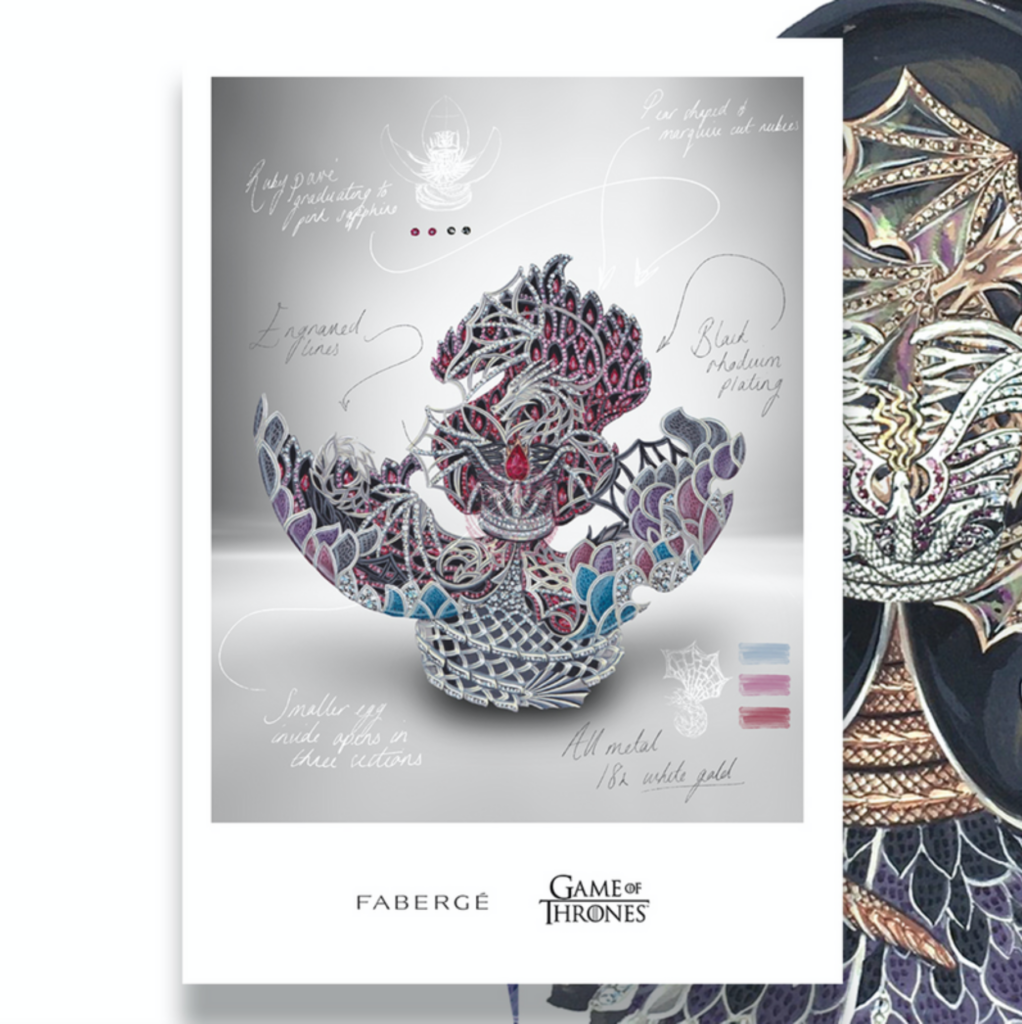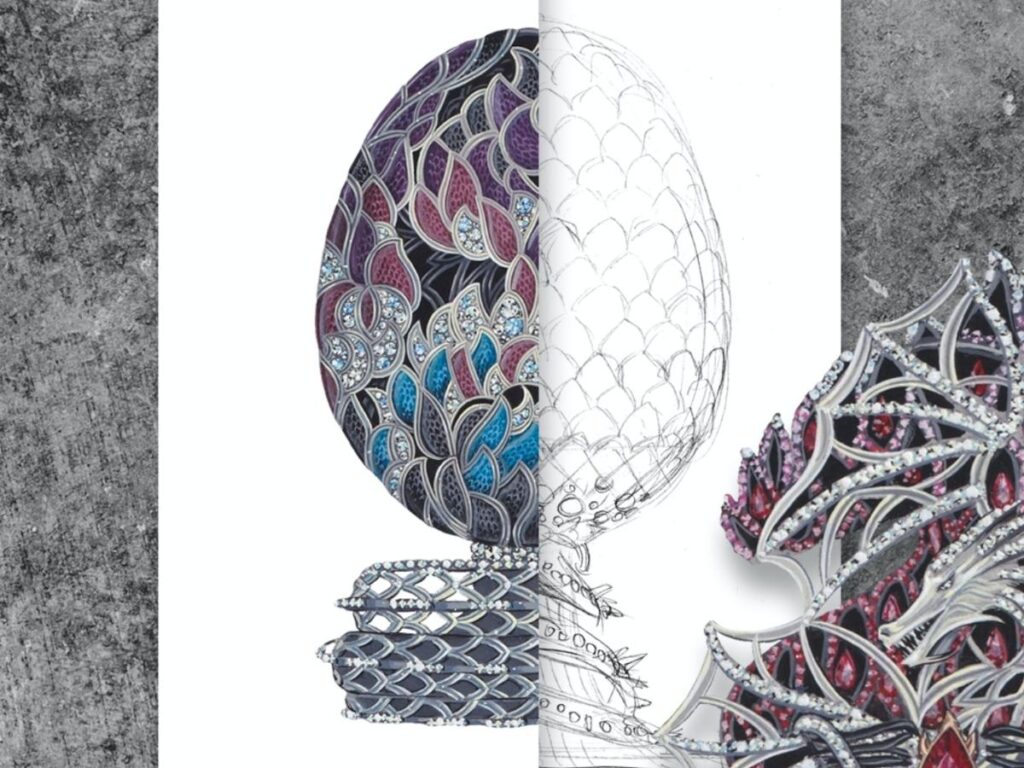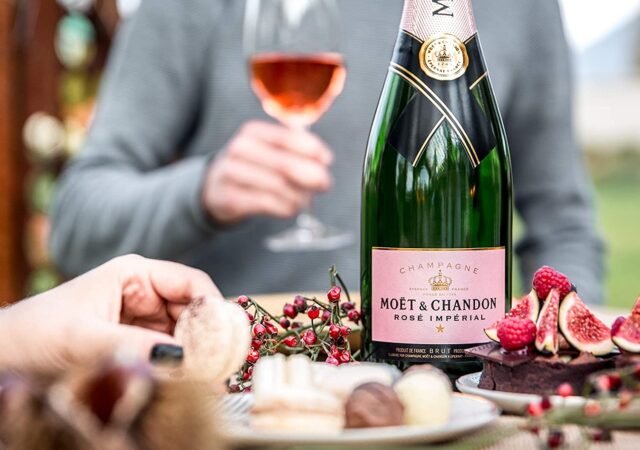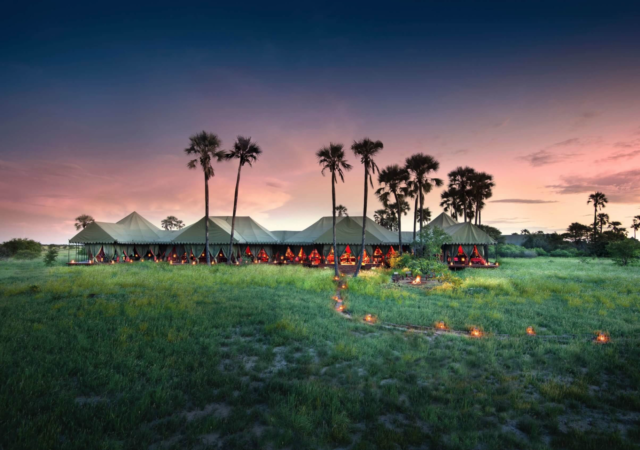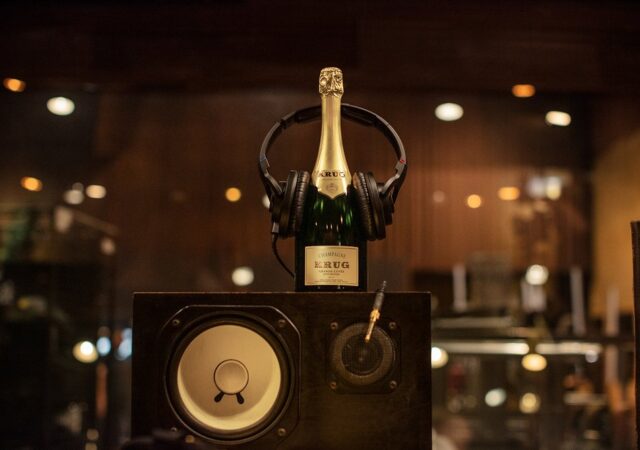Wine lovers cultivate a love of wine through decades of sampling. But only a select few become serious connoisseurs. In the past, wine culture was insignificant in Accra. But, this is slowly changing.
Ghana opens a wine bar
Ghana recently opened its first dedicated wine bar, Sai Wine & Champagne Bar in the capital Accra. Here, an impressive collection of 100 wines from France, Chile, South Africa, Australia, Italy, Argentina, Morocco and Tunisia is available for sampling and enjoyment.
Like most wine bars, the ambience is cosy and intimate. To celebrate wine culture, Sai organizes events, like wine sampling, pop up cuisine and poetry nights. Clientele learns to describe acidity, body and tones. They also learn to distinguish between wine-producing regions.
The ambience at Sai is a welcome counterpoint to the trends of the mass-market, which prefers sweet wines. However, true wine lovers savour quality wines moderately and slowly. They also appreciate a wine’s unique and complex flavours.
Wine culture linked to production
Wine production affects the growth of wine culture. Emerging markets are no exception. Indeed, the most significant producer on the continent is South Africa, where Stellenboch winery was established in 1679. Consequently, South Africa is the 9th largest wine producer in the world.
In 2013, experts said that Nigeria would show the second-fastest growth in new champagne consumption. Many people were surprised by this. But we shouldn’t be! Statistics indicate that Nigeria is the world’s 23rd largest importer of champagne.
The appreciation for wine is developing across the continent. This is helped by rising incomes and the growth of luxury markets. As a result, many are eager for consuming countries to start production. Galileo said, “Wine is sunlight, held together by water.” If this is true, Africa is ripe to become a leading wine-producing region.


